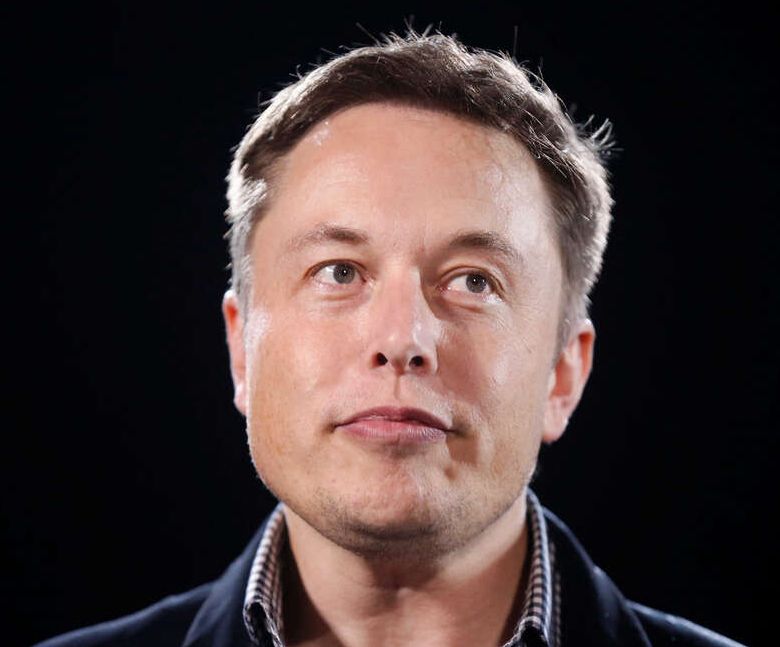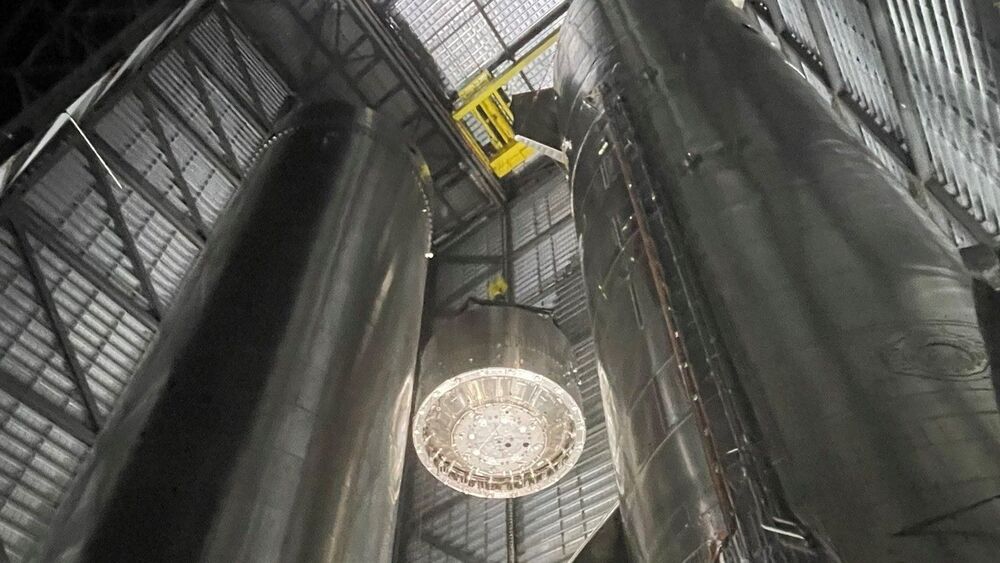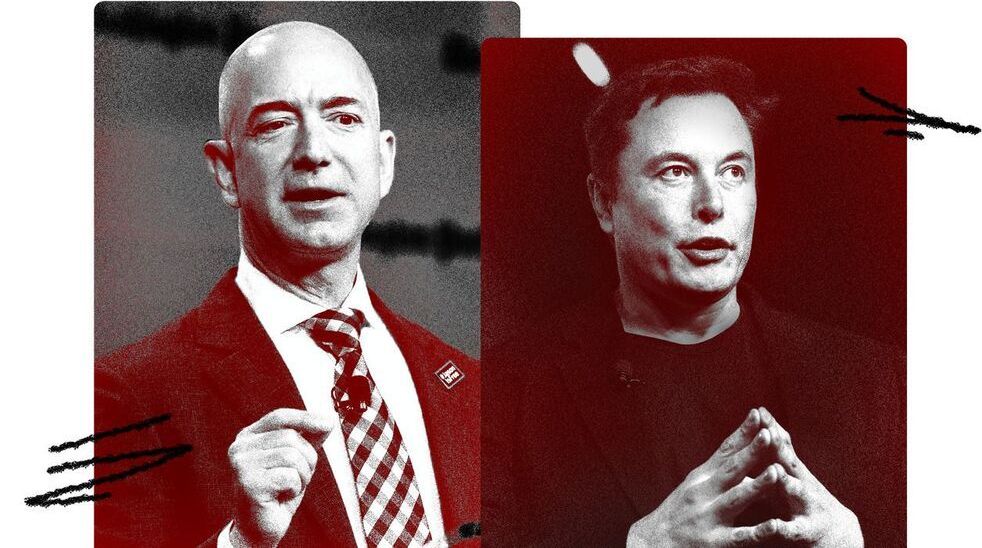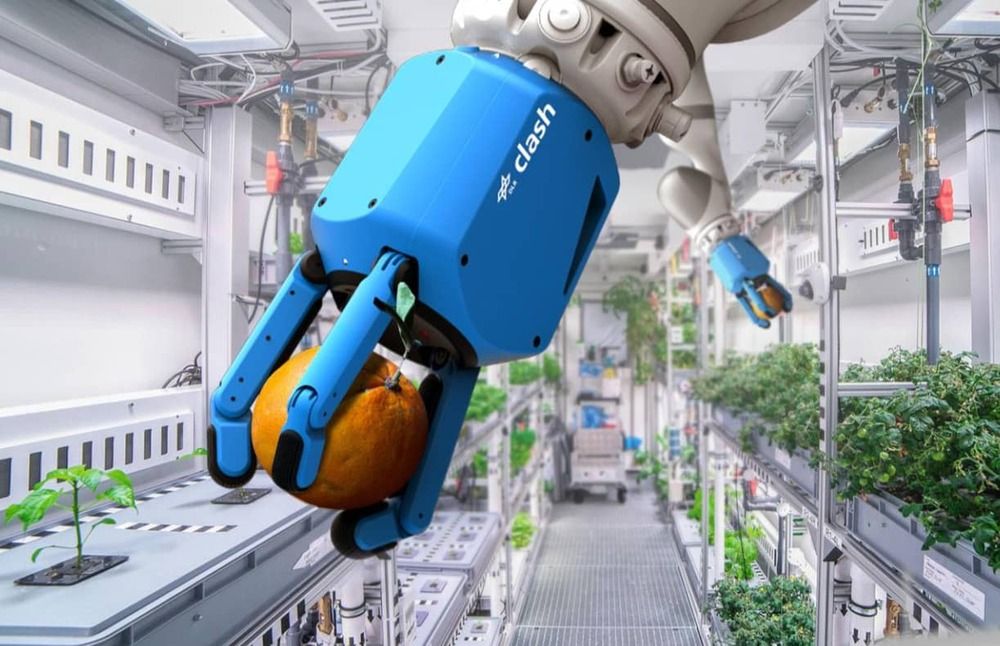Tech billionaires Elon Musk and Jack Dorsey have agreed to discuss bitcoin with each other at an event in July.
In a bizarre Twitter thread, Musk responded to a tweet from Dorsey promoting an event called “The B Word,” which aims to encourage companies and institutional investors to adopt bitcoin.
“Bicurious?” the Tesla CEO said, seemingly referring to the “B” word in question.






